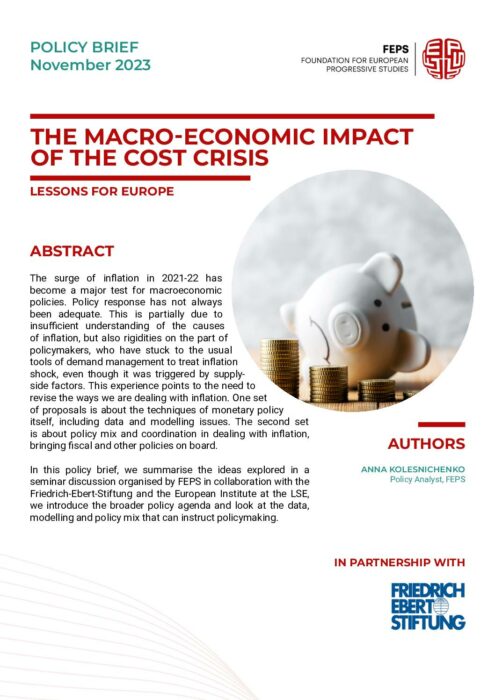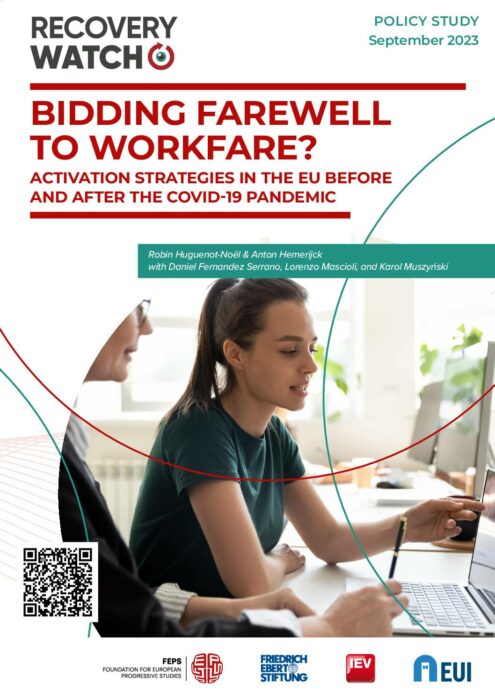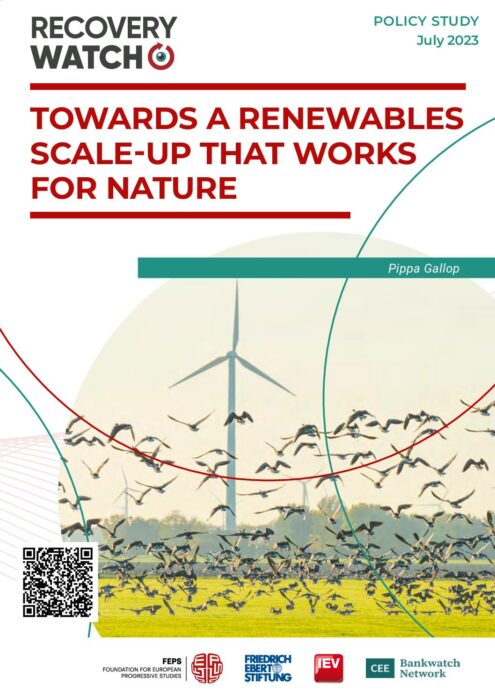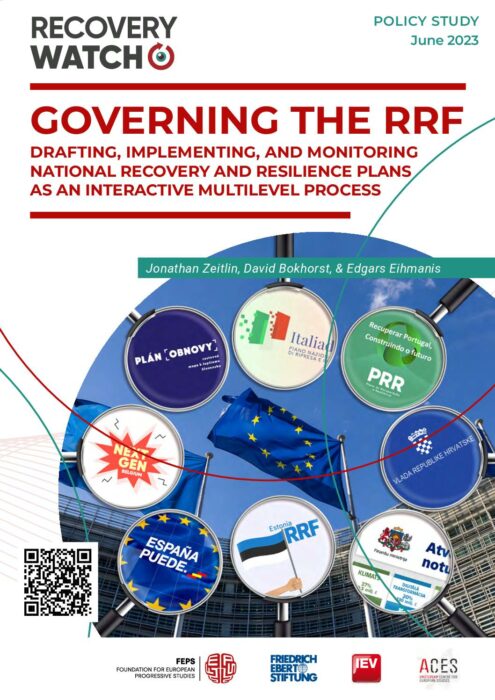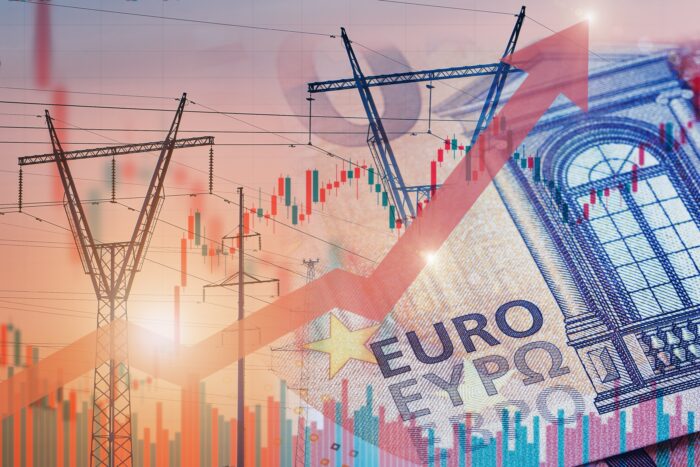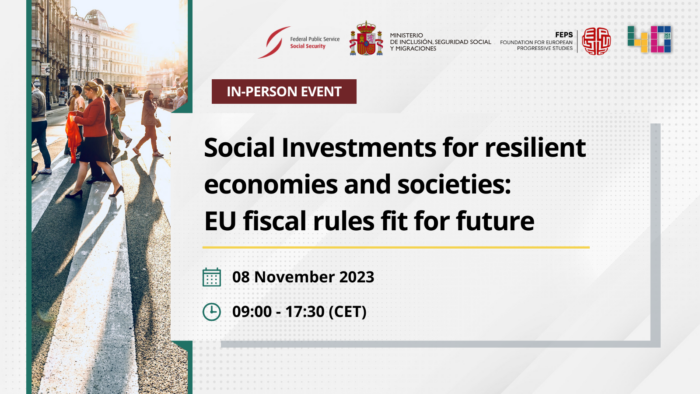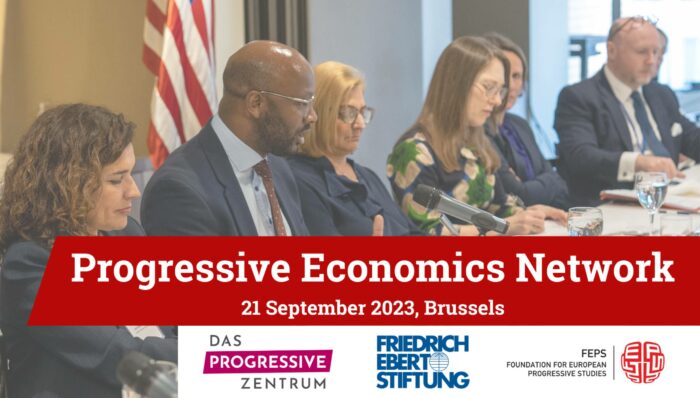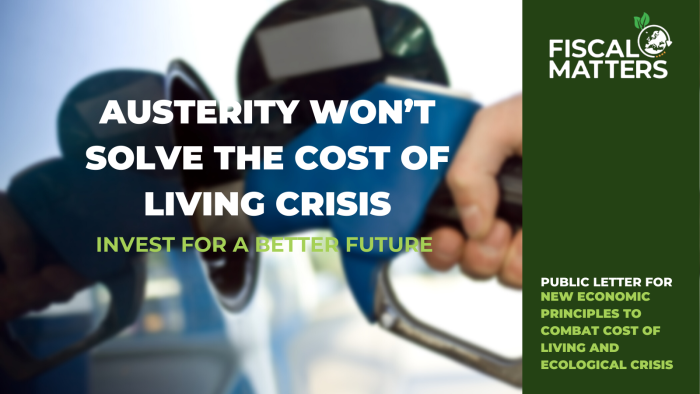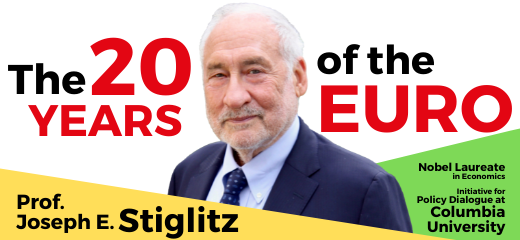Find all related publications
Publications
Find all related events
Events
Past
30/01/2024
FEPS HQ (Expert meeting)
08/11/2023
Brussels, Belgium
21/09/2023
Brussels, Belgium (Expert meeting)
Find all related news
News
Find all related in the media
In the media
“Trade doesn’t work in isolation from good domestic policies” Interview to Arancha González
by Borderlex 19/09/2023



